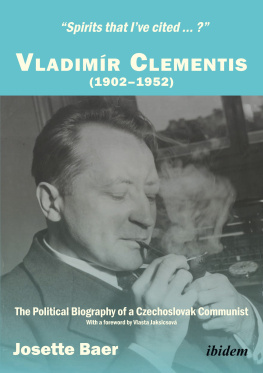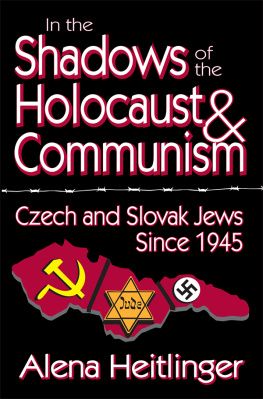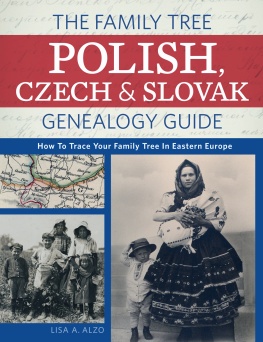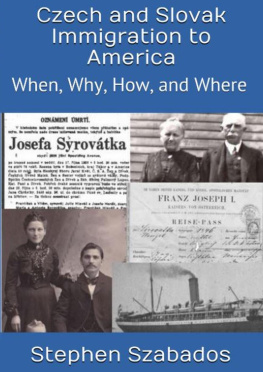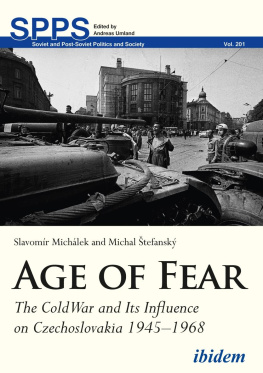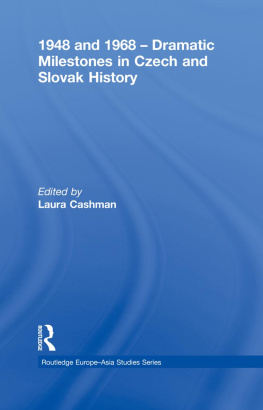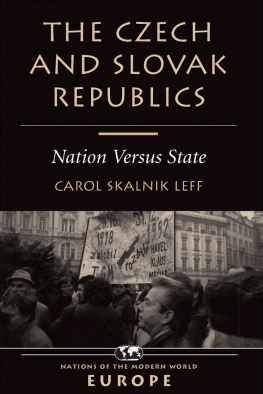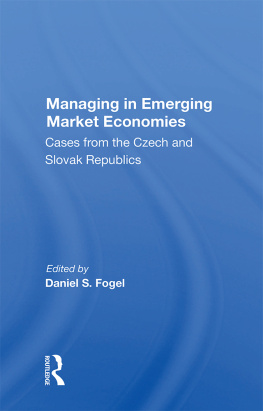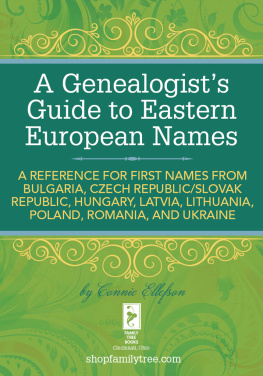Foreword
Dear R eaders
The book you have before you is Professor Josette Baer ' s study of seven Slovak women, significant figures in the history and contem porary life of the country .
I was awa re of Mrs Baer ' s work from the Slovak media be fore my arrival in Switzerland in 2010. On the I nternet I had found her interview with the popular station FUN R adio. As ambassador I was naturally interested since it is quite rare t o find a native Swiss who focus es on Slovakia. That is why I met up with her and fol lowed her work. I reacted spontaneously when she asked me to write the foreword to her latest study.
In four years as Slovak ambassador to Switzerland, I often had to deal with a lack of both knowledge and interest on the part of ordinary citizens concerning the Central European region, not only Slovakia. In this regard, Switzerland is different from Austria or Germany, for example, which have historical links and current interests in our region. In the past, Switzerland was concerned primarily with her large r neighbours Germany, France and also It aly . But what was happening behind the Iron Curtain was of little interest to the common citizen. It is a pity that, as a consequence of these circumstances , we see hundreds or thousands of Austrian and German investors in Slovakia, while Swiss investors can be counted on the fingers of two hands. That ' s why I greatly appreci ate Mrs Baer ' s latest book. In her description of the lives of seven Slovak women, she not only present s the ir often complicated and tragic fates, but also the difficult journey of the Slovak nation from the mid 19 th century to the present day.
Professor Baer chose four historical and three contempo rary personalities who have exerted a significant influence on Slo vak public life. Naturally, one can discuss whether other important personages should have been chosen. For example, the following distinguished women would not be out of place among the group of contemporary Slovak personalities: the economist and former Minister of Finance Brigita Schmnerov, the Deputy Governor of the National Bank Elena Kohtikov , who rendered great service with the smooth introduction of the euro, or the successful entre preneur Mria Rehkov. Also, the famous opera singer Edita Gru berov , already a legend, or the Olympic champion Anastzia Kuzminov , who won the gold medal for biathlon in successive Olympics.
However, the author's main aim was to describe the situa tion of Slovak women in different historical eras; from her view point it was thus not a priority to choose specific life stories. For example, in her chapter about Elena Marthy-oltsov she pre cisely describes the struggle of the Slovak nation for self-determi nation, particularly in the critical years following the Austro-Hun garian Compromise of 1867. In those years, the Slovaks were threatened with oblivion: the fate of many European nations we know today only from historical studies. But the Slovaks survived, also or perhaps mainly thanks to their women, and today Slo vakia is an equal member of the family of European and world na tions.
The author's thoughts about the emancipation of Slovak women in specific epochs guide the reader through the book. As a man, I am probably not the most suitable person to make a judge ment about this issue . I allow myself only to state that, with regard to female emancipation, Slovak women were not and are not worse or better off than Swiss women, or women in other countries of Central and Western Europe. One can muse on the significance for women's rights of Empress Maria Theresa, who ruled Austria-Hun gary for forty years in the 18 th century, or the decree on equality for men and women in Socialist Czechoslovakia. It is a fact also men tioned by the author that many female emigrants from the former Czechoslovakia were astonished to learn, when they arrived in Switzerland in 1968, that women didn't have the vote.
I would like to take issue in particular with the author's opinion that the dissolution of Czechoslovakia was unconstitu tional. I remind readers that both chambers of the Federal Parlia ment voted in favour of the separation. From the viewpoint of the Swiss political system, I can see that it is difficult to understand why Slovak and Czech voters did not get a chance to decide about such an important issue. However, the reality that Slovaks and Czechs understand each other better today than in the times of the common state vindicates the former leaders who decided not to organize a plebiscite. An election campaign on the issue of separa tion could have provoked nationalist agitation and done severe damage to the relations of the two brotherly nations for many years to come.
I fully understand the author's aim to describe the Slovak National Uprising as a decisive episode of Slovak history, intro ducing the life and fate of Chaviva Reikov. In Slovakia, however, she is practically unknown, and the question arises, since the au thor also mentioned others active in the SNP in those years, whether a different woman representing that generation would not have been a better choice.
One task of a diplomat and, in particular, an ambassador is to present his country in a positive light. From this viewpoint, I was somewhat taken aback by what I cons ider an overly pessimistic view of Slovakia's post-89 development, as discussed in the inter views with Magda Vryov and Iveta Radiov. They certainly have a right to their own opinion and the legitimate critique of spe cific aspects of our development . However, after twenty years of independence, and in comparison with other countries of our re gion, Slovakia's development should undoubtedly be referred to as a 'success story', all the more so as the young state's starting point after the dissolution of Czechoslovakia was significantly less propi tious than that of the neighbouring countries.


